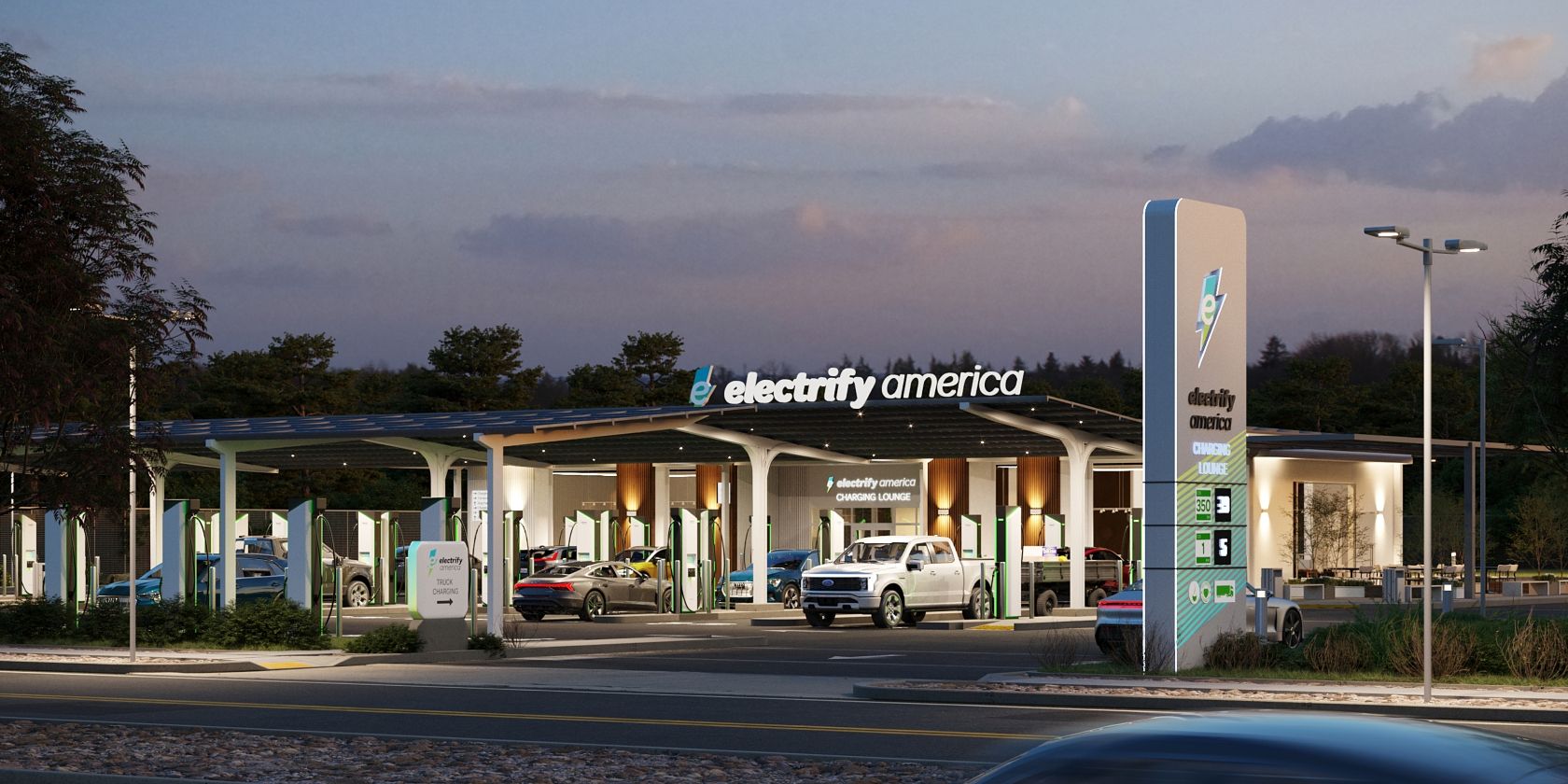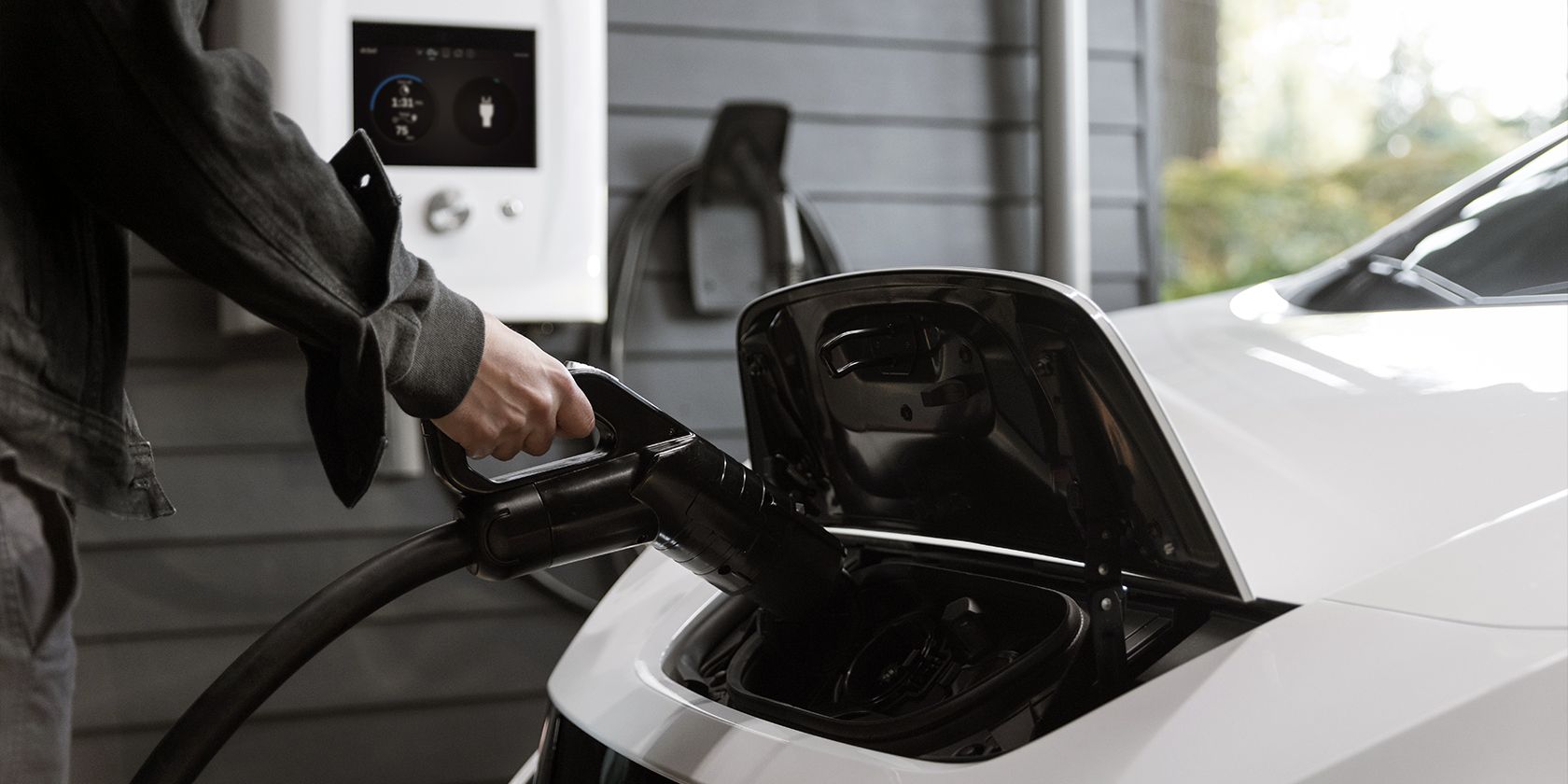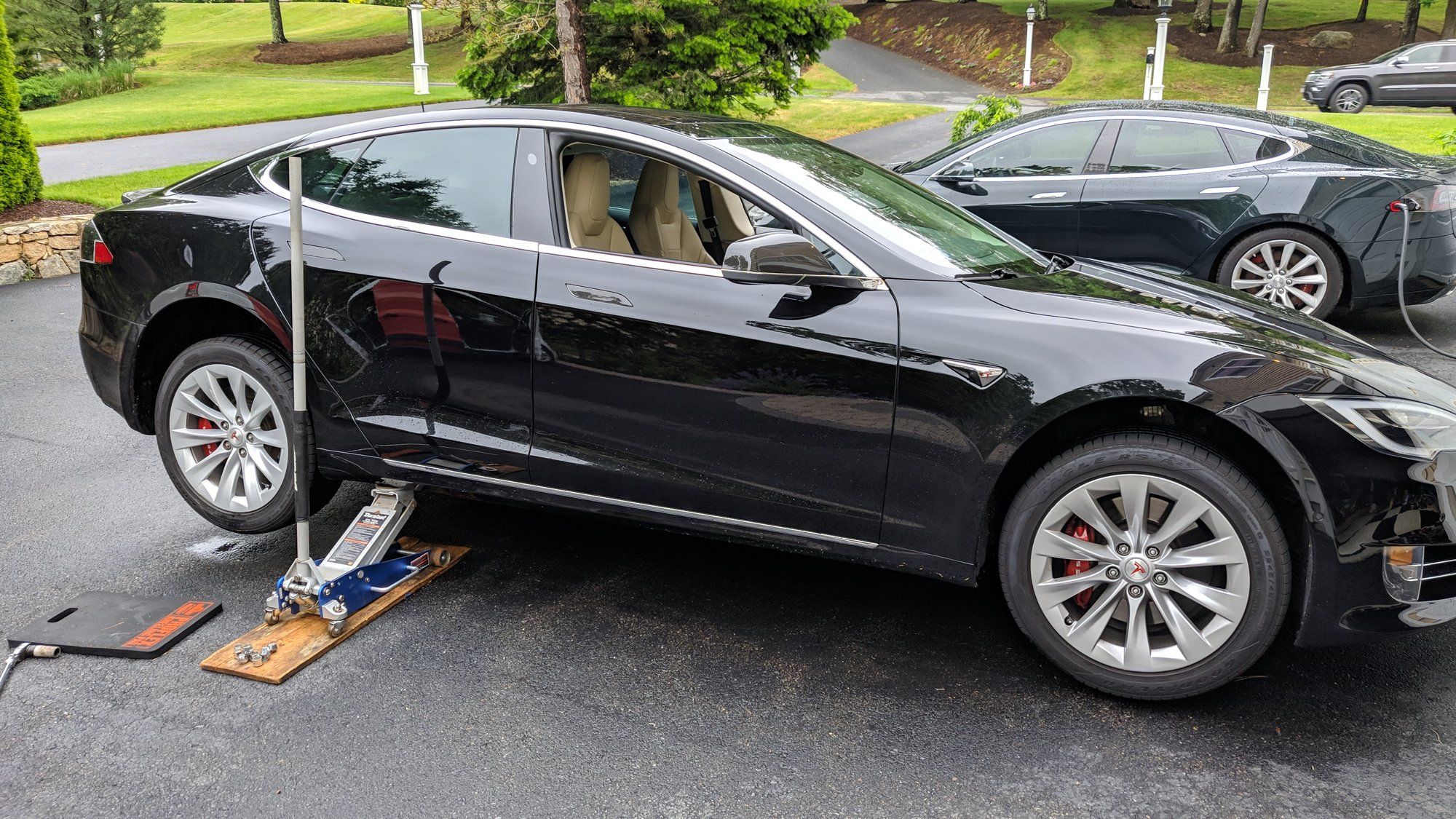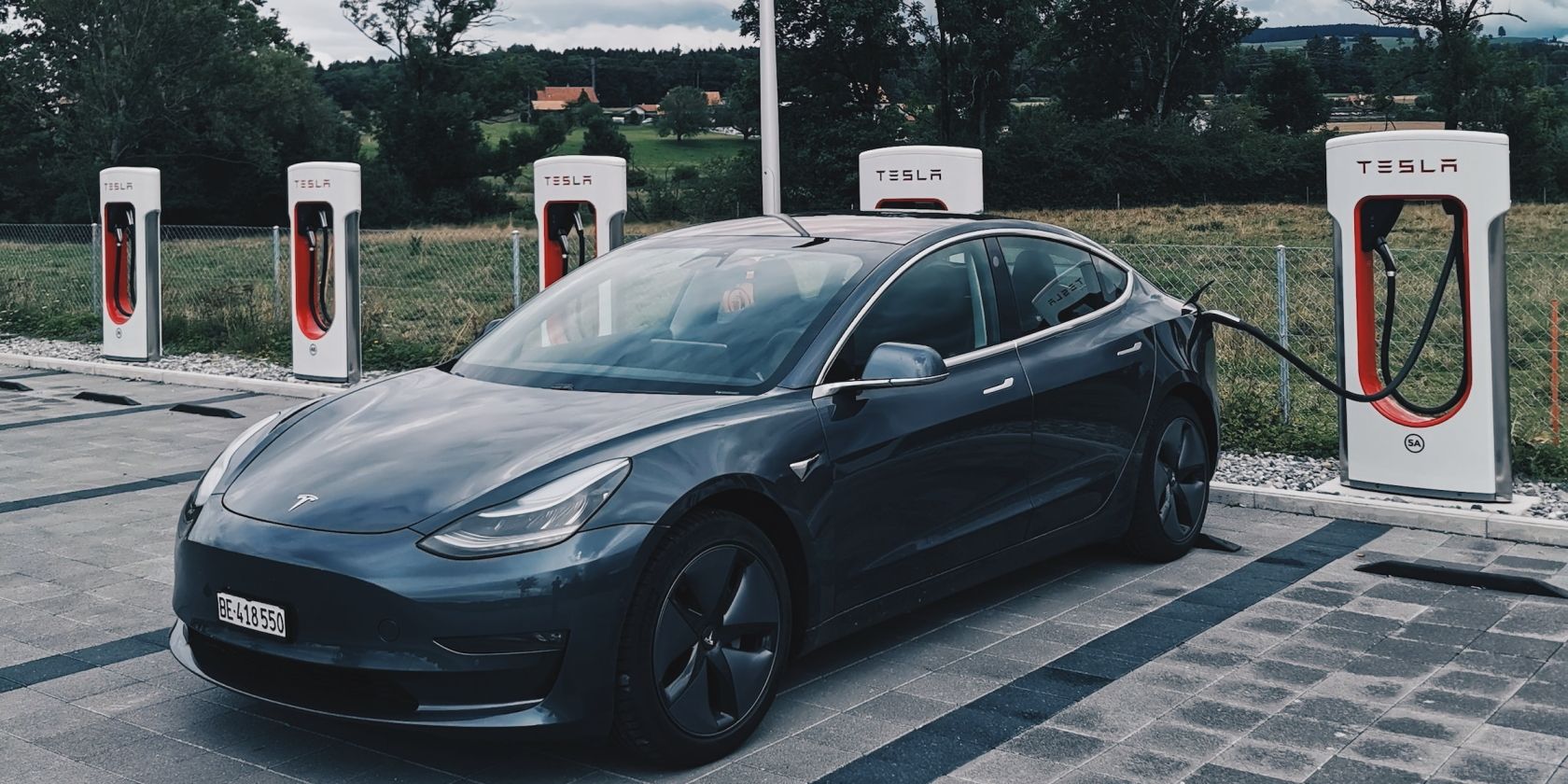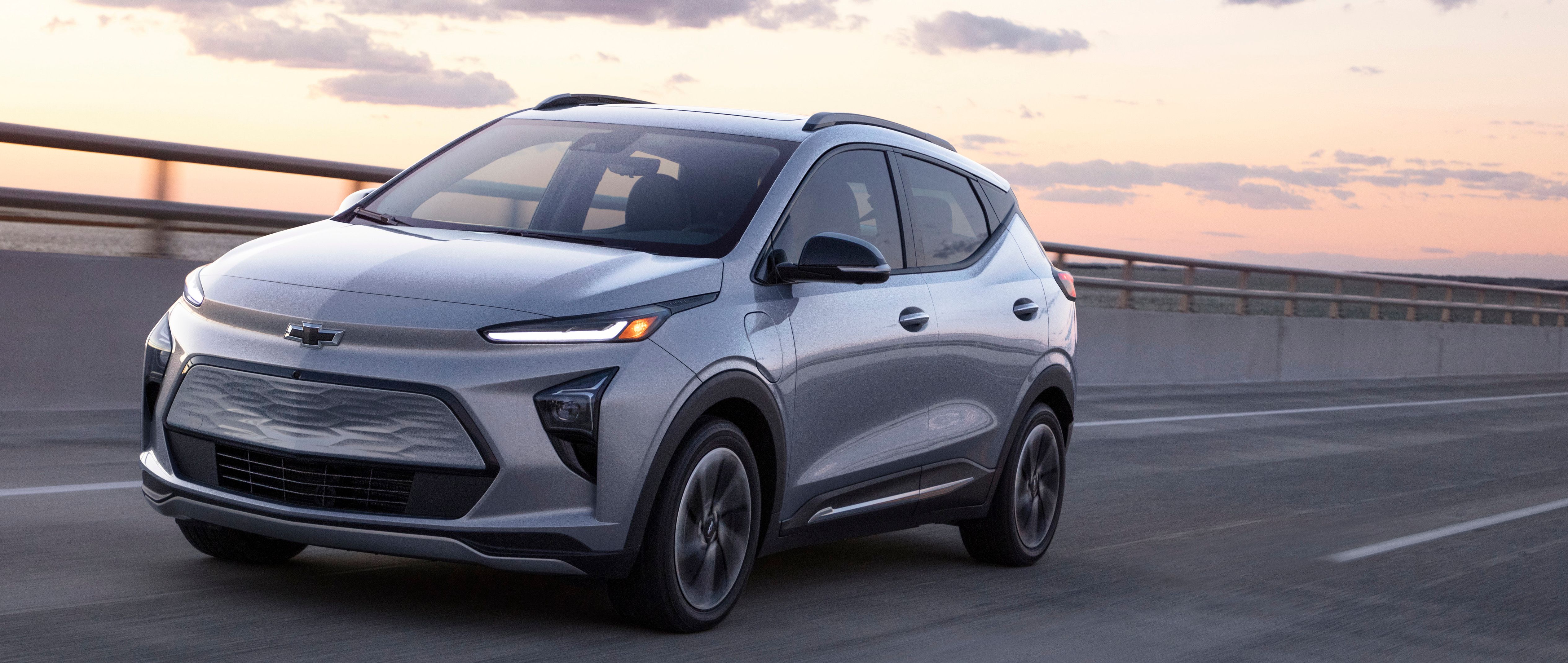Not too long ago, electric vehicles were seen as impractical purchases reserved for people trying to make a statement. But EVs have morphed into very practical transport that you can use daily, with realistic range and charging times.
Even the price of EVs are become more accessible, with more affordable choices for sale. But, there are still some reasons to wait before purchasing an EV.
1. Charging Infrastructure
Electric vehicles don't need to take frequent trips to the gas station like regular cars, an amazing advantage that electric vehicles enjoy over traditional ones.
A typical EV owner would rarely even have to visit a charging station because charging at home is enough for most people's daily route.
But, EVs might not be the most practical vehicles for people working on the road all day long or those that need to take long road trips to places that might not have proper charging infrastructure.
Imagine driving to a destination with poor availability of DC fast chargers (or none at all) for work and then having to drive back home. If that location lacks DC fast chargers, you'll face a real dilemma.
The only solution might be to stay the night and charge at a hotel, but this doesn't seem realistic. Just because an EV has the necessary range to get you somewhere doesn't mean the trip is feasible.
Time constraints and the availability of chargers are essential when planning the practicality of an electric vehicle for certain trips.
On the bright side, as EV adoption rises, the charging infrastructure will continue to improve. In fact, the progress that companies like Tesla (with its Supercharger Network) and Electrify America have made in terms of expanding fast charging across the US is commendable.
2. Range Anxiety
We no longer live in an era of first-gen Nissan Leafs that capped off at 73 miles of total range. Now, there are EVs with 500 miles of realistic range, like some configurations of the amazing Lucid Air.
Granted, the Lucid is an extremely expensive vehicle, but even affordable EVs like the Chevy Bolt offer upwards of 250 miles of range.
So, if you really want an electric vehicle, range anxiety shouldn't be the huge hurdle it used to be. But, there are still instances when range anxiety can kick in.
This is especially true if you're driving around in winter with the heat on full blast, when the vehicle's advertised range (in normal driving conditions) might not hold up.
To make matters worse, there might not be any chargers nearby. Of course, this sounds more like a doomsday scenario for an EV driver, but if you're not ready to even consider the possibility of dealing with an issue like this, an EV might not be for you.
The good news is that both range and charging infrastructure will likely continue to improve as EV adoption and technology advances. Regardless, driving an electric vehicle every day of the week won't pose a problem for most people.
3. Lack of Qualified Mechanics
Electric vehicles have many advantages over internal combustion vehicles. One of these advantages is the powertrain itself because electric motors have fewer moving parts than internal combustion engines.
This simplicity should afford electric vehicles superior reliability, mostly by virtue of the absence of tons of parts that can go wrong when compared to ICE engines.
But electric vehicles are just now starting to catch on, which means not every mechanic can disassemble your EV and work on it immediately.
If a regular car breaks down, you can take it into the shop, get a rental, and be on your way. The shop will probably have your ICE ready in a week's time, and you're good to go.
But, if you have an EV, especially from brands without dealer networks (like Tesla), you will have to schedule an appointment with their service center.
This means you'll find yourself at the mercy of the current waiting time for the nearest available appointment. If you live in an area where the nearest Tesla Service Center is hours away (not as uncommon as you might think), even getting to the service center might be a problem.
On the bright side, according to Tesla's Roadside Assistance Policy, if you need to tow your vehicle to the service center, Tesla covers the cost of transportation for the first 500 miles (800 km).
A warrantable breakdown of the vehicle that renders it un-drivable. Coverage: Transportation services of up to 800 km to the nearest Service Center are provided.
This problem isn't as critical with more established carmakers that offer EVs because you should still be able to visit the regular dealer service centers to get your EV worked on.
4. The Battery's Total Service Life
Buying an electric vehicle is a big investment, and the battery is a huge part of an EV's total cost. If the battery goes bad in an electric vehicle after the warranty has expired, you're going to be left footing a very expensive bill.
Tesla vehicles have an eight-year warranty covering the battery and the drive unit. It is comprehensive, but many people might still fear the immense cost of replacing the battery down the line.
If Tesla offers a warranty covering the battery for eight years, it must be pretty confident in the reliability of its batteries. But no vehicle is impervious to failure, so if you're in the market for an EV, waiting a bit for more battery improvements down the line might be a good idea.
5. EV Price Premiums Will Keep Going Down
As more and more EVs are sold, and manufacturing becomes cheaper, the prices of electric vehicles should continue to go down. But, some EV brands are premium automakers, so they have no interest in selling cheaper vehicles.
But, for automakers that tend to produce more affordable vehicles, as the economies of scale kick in, they'll be able to keep driving the costs down.
Tesla has recently slashed the prices of vehicles across its entire lineup, which will put the competition's feet to the fire to do the same.
Competition is another major factor. As more major automakers enter the EV fray in earnest, especially Toyota and Honda, competing EV manufacturers will experience more competition, and the result could be lowered prices.
If you want an EV, you might do yourself a favor by waiting because prices might go down even further in the future.
Waiting Might Be a Good Idea, but EVs Are Still a Good Buy Right Now
Even though waiting for some of the early adoption wrinkles to get straightened out might be a good idea, buying an EV now isn't the end of the world either. Today's electric vehicles are well-sorted-out machines with great range, and anyone who buys an EV will find a fulfilling ownership experience waiting.


